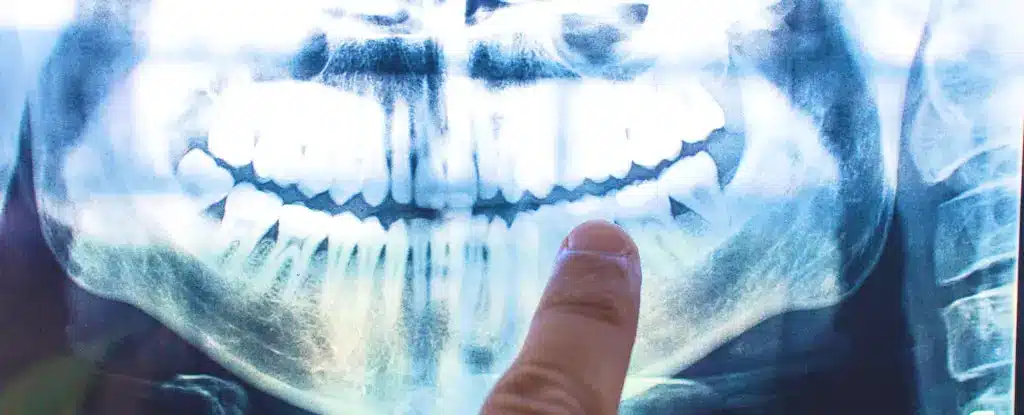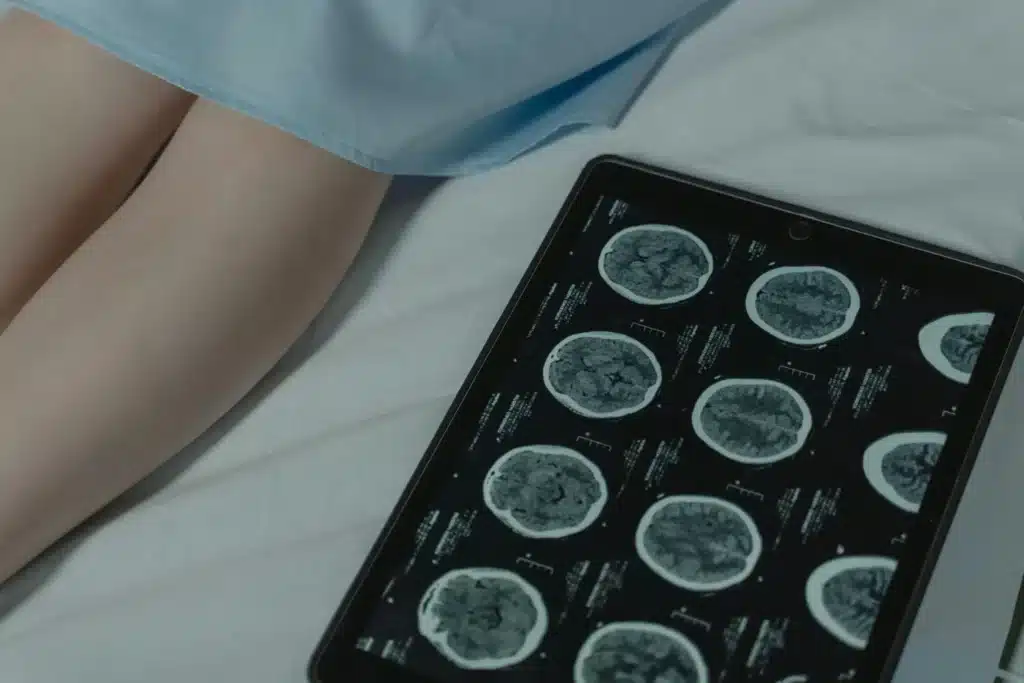According to the NHS, Alzheimer’s is the most prevalent cause of dementia in the UK. Although the precise cause is unknown, doctors have identified a number of possible contributing factors, including aging, untreated depression, a family history of the condition, lifestyle choices, and conditions linked to cardiovascular diseases.
But more and more scientific research in recent years has supported the idea that Alzheimer’s is an infection rather than just a disease.
According to a 2019 study, gum disease and Alzheimer’s may be connected.
The study, which was headed by senior author Jan Potempa, a microbiologist from the University of Louisville, found that the brains of deceased Alzheimer’s patients contained Porphyromonas gingivalis, the pathogen that causes chronic periodontitis, also known as gum disease.
A prior study conducted on mice by Cortexyme, Inc. demonstrated that oral infection with P. gingivalis increased the amount of beta-amyloid, or Aβ, the sticky proteins frequently linked to Alzheimer’s disease, in the rodents’ brains.
According to Dr. Stephen Dominy, a co-founder of Cortexyme, “infectious agents have been implicated in the development and progression of Alzheimer’s disease before, but the evidence of causation hasn’t been convincing.”
Scientists found that high levels of gingipain, which are toxic enzymes produced by P. gingivalis, were linked to the presence of tau and ubiquitin, two other proteins that have already been connected to the onset of Alzheimer’s disease.
However, the team also found that the brains of deceased patients who were never diagnosed with Alzheimer’s had these toxic gingipains. This raises the question of whether the patients would have been diagnosed with the disease if they had been alive, or if poor oral hygiene was a result of Alzheimer’s.

According to the authors’ paper, “Our identification of gingipain antigens in the brains of individuals with AD and also with AD pathology but no diagnosis of dementia argues that brain infection with P. gingivalis is an early event that can explain the pathology found in middle-aged individuals before cognitive decline, rather than a consequence of late-stage disease or poor dental care following the onset of dementia.”
A substance developed by the company called COR388 also reduced amyloid-beta production and neuroinflammation in the mice.
It has not yet been determined whether this would have the same impact on people.

“As there haven’t been any new dementia treatments in over 15 years, it’s important that we test as many approaches as possible to tackle diseases like Alzheimer’s,” said David Reynolds, chief scientific officer at Alzheimer’s Research. “Drugs targeting the bacteria’s toxic proteins have so far only shown benefit in mice.”





